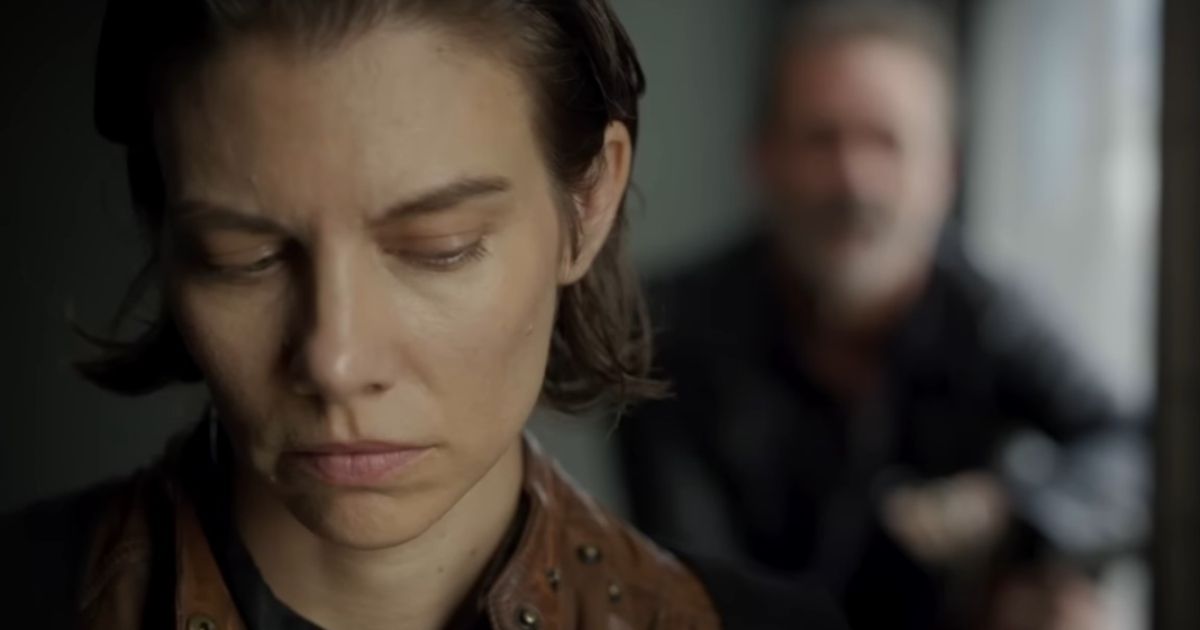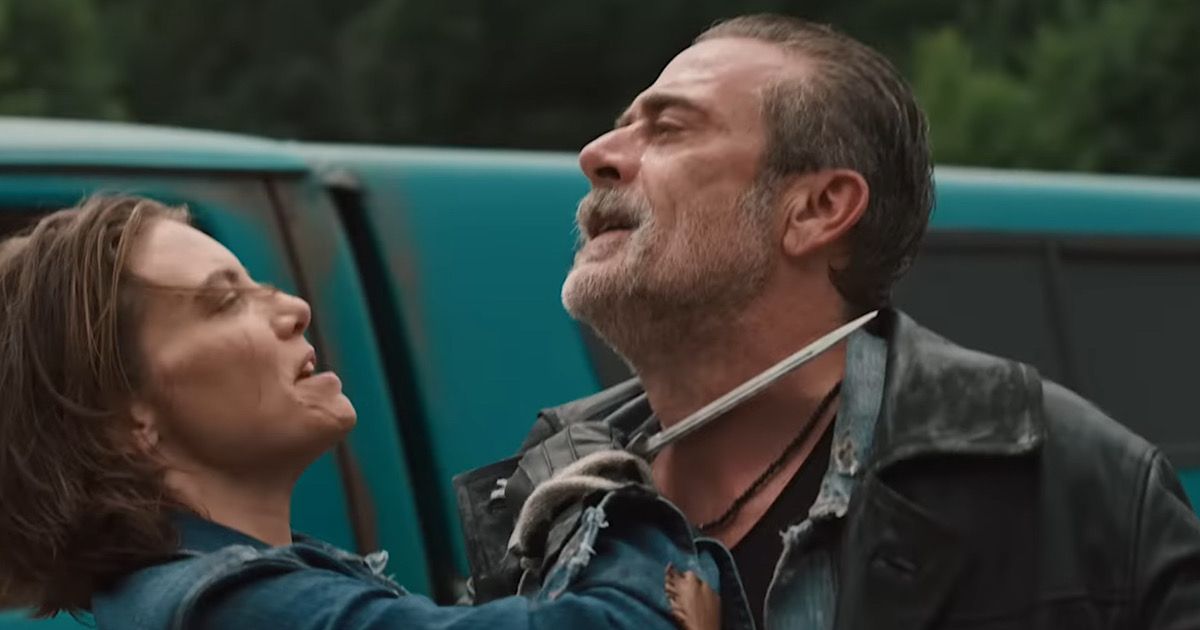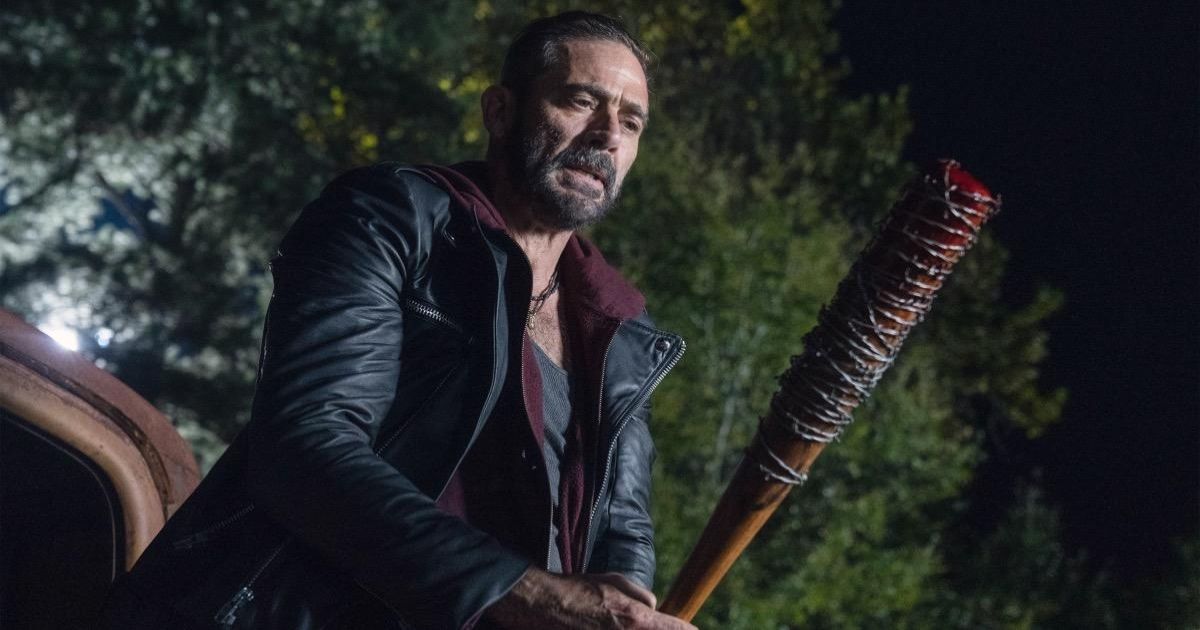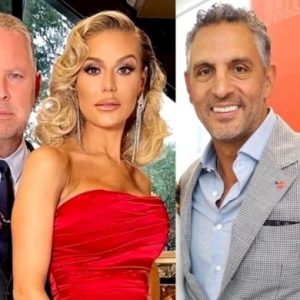Does The Walking Dead need another show? That may be the first question people consider ahead of The Walking Dead: Dead City. After all, there’s been Fear the Walking Dead, World Beyond, Tales of the Walking Dead, and the original series, which concluded less than a year ago in its 11th season (with what some may call diminishing returns). Let’s be honest, it’s a lot of TV shows about zombies.
But The Walking Dead has never really been about zombies, has it? It could be zombies, a pandemic, a natural disaster — whatever the case, the franchise is a study of humanity ‘after the fall,’ a meditation on the politics of communities, and an exploration of the human condition in states of crises. It’s about people — the real antagonists — not zombies.
That’s what makes Dead City and a couple of other upcoming series, Rick & Michonne and Daryl Dixon, arguably more interesting than anything else since the first few seasons of The Walking Dead. These new shows are focusing directly on individual characters with a great deal of intimacy (and not a little fan service).
Dead City mainly focuses on Negan and Maggie, who already had one of the more emotionally interesting relationships in the original series. Yes, Dead City suffers from several of the same problems that plagued The Walking Dead, and yes, it can be pretty silly and illogical (really, what else would anyone expect?), but it is probably the best thing to come out of this franchise in years.
A Little Ditty About Maggie and Negan

If you’re unfamiliar with The Walking Dead, this new series probably isn’t the best starting point. Even if the six-episode Dead City introduces us to a range of new characters, there is simply too much history between the two main ones that newcomers will likely not receive the brunt of the show’s emotional impact. But for fans of the franchise, and fans of the wonderful Negan character (played by Jeffrey Dean Morgan), Dead City will be a delightful continuation, even if the original show created a pretty complete arc for him.
See, we all have bad in us, but Negan had a little more. He was a cult-like kingpin whose intimidation and menace created an empire and kept hundreds of people alive after the zombie apocalypse, while hurting and killing countless others. The original series does a great job of detailing Negan’s wickedness, his downfall, his dawning self-awareness, and his attempts at some kind of redemption. He killed Maggie’s husband, but by the end of The Walking Dead, he’s weeping and apologizing to her for the monster he has been.
Dead City finds Maggie seeking out Negan’s help — in a weirdly Seven Samurai type of situation, her farming community has been raided with the threat of repeated raids, and her son, Hershel, has been taken hostage. She needs Negan, and Negan needs to evade the rabid law enforcement that’s on his tail. Maybe he feels guilty, maybe he has a death drive, or maybe it’s just convenient plotting, but he tags along with Maggie and heads to Manhattan to find ‘The Croat’ (a deliciously over-the-top Željko Ivanek, the highlight of the series).
New Characters, Two Stars

Complications ensue and not all is what it seems, of course. Trailed by a tough marshal, Perlie Armstrong (Friday Night Lights‘ Gaius Charles), Negan and Maggie navigate the infested Manhattan, which seems to harbor The Warriors-style gangs. One thing leads to another, and they’re embedded in one group and being hunted by another.
An abundance of new characters enter here, such as Amaia (Karina Ortiz) and Tommaso (Jonathan Higginbotham), leaders of the ultimately friendly gang Negan and Maggie find themselves working alongside. None of them are terribly interesting, unfortunately, and no matter how many clumsy monologues are given by new characters, it’s hard to become attached to any of them, really, except for The Croat. He’s disturbing and villainous, sure, but he’s entrancing, a little pathetic, and wonderfully fleshed-out, thanks mostly to Ivanek, who is incredible.
Lauren Cohan returns as Maggie Rhee, and the camera is in love with her. There are myriad shots which simply linger on her reactions, her suspicious eyes, her listening face as she takes in what’s happening offscreen, and they go a long way in making this character more mesmerizing than she should be. Cohan is a great actor, but not great at Southern accents, and it gets a little awkward here. It’s simply more interesting to watch her silently react than command the room with words and gestures.
Jeffrey Dean Morgan Is Redeeming Negan

Dean Morgan is also back as Negan Smith, and is arguably better than ever. He can’t help but dominate nearly every scene he’s in, even if the dialogue is patently worse than the first few seasons of the original series. Dead City ultimately feels like his story, using The Croat and his Manhattan operation as an analogue to Negan’s worst self. Now that he’s supposedly evolved and changed for the better, can Negan see the harm that The Croat is doing? Can he recognize himself in the bad guy? Will he succumb to his old nature and stronger devils?
Throughout its six quick, easily bingeable episodes, Dead City sets up an ethical labyrinth, and Negan is in the center. Of course the show would be about him and Maggie — Maggie is the ultimate remainder, the leftover proof that Negan was an awful person, and his quest with her is akin to Orpheus trying to escape hell with Eurydice.
The ending is a bit anticlimactic in terms of the fun action set pieces the series executes in every other episode, but thematically, it’s absolutely perfect. Perhaps it should’ve ended there with solidity, but this is The Walking Dead; if Dead City does well, viewers will likely get eight more seasons. They’re not needed, and it would’ve been nice to see this spin-off end with some finality, but instead, it explicitly suggests a second season. It’s a bit of a tease, and if it wasn’t so symbolically perfect, it’d be upsetting.
As it stands, we have the best elements of The Walking Dead in this new show, but also just a few of the worst (too many characters, confusing editing, comically over-the-top violence that is more laughable than disturbing). With just six episodes, though, it doesn’t outstay its welcome and uses its time wisely. The odds are good for this one.





